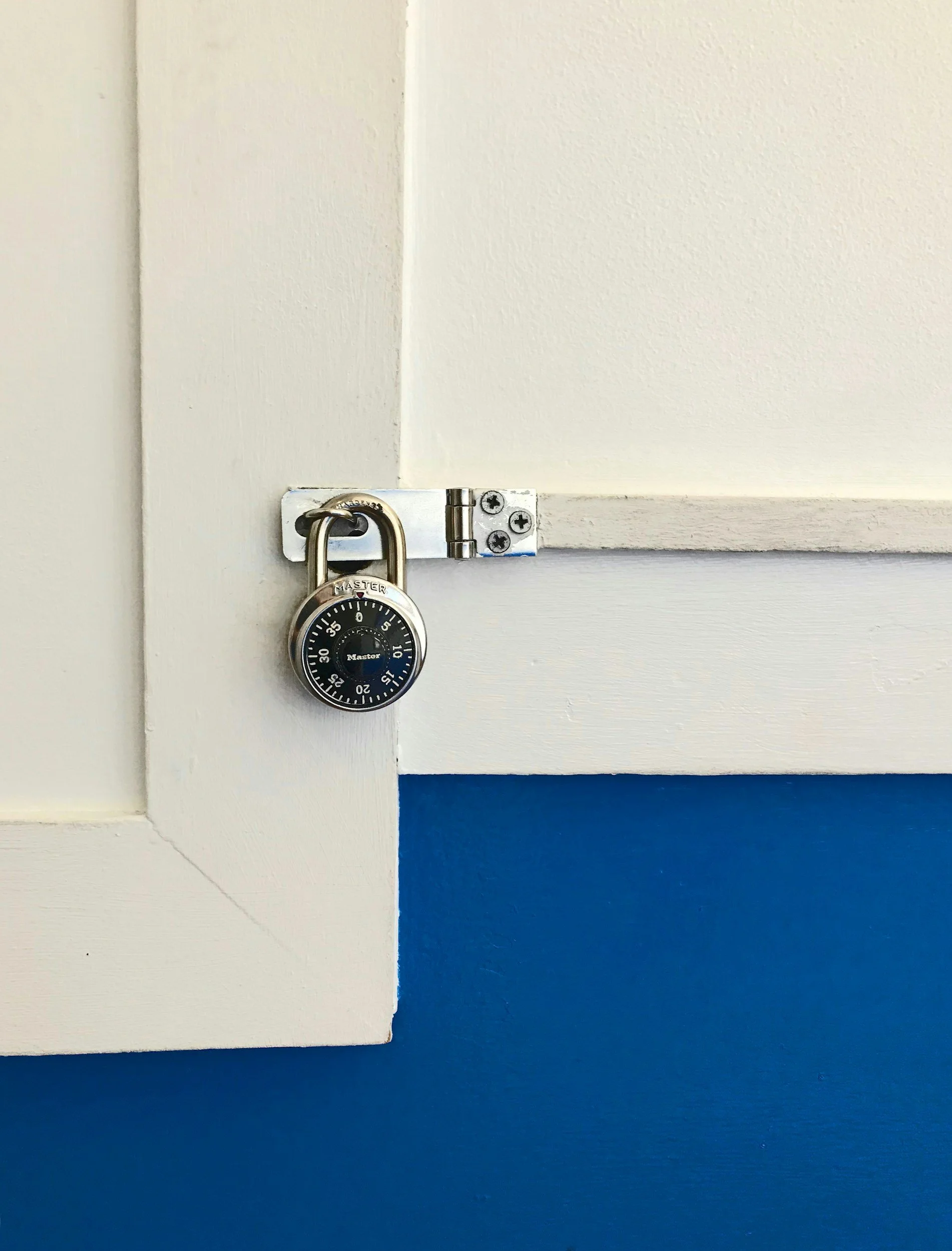Seal Mishandling: A Major Security Risk in Freight Brokerage
How Improper Seal Handling Leads to Cargo Theft and Liability
Seals are one of the most critical security measures in freight transportation, ensuring that cargo remains untampered with from pickup to delivery. However, improper seal handling by brokers, shippers/receivers, and carriers creates serious vulnerabilities, leading to cargo theft, load tampering, and rejected claims.
Shockingly, many in the industry are failing to use proper seals, putting entire supply chains at risk:
🚨 Some shipments have no seals at all, leaving cargo completely exposed to theft and tampering.
⚠️ Some shippers apply seals randomly, without proper documentation or security checks.
❌ Some use cheap, low-quality seals, making it easy for criminals to remove and replace them undetected.
🔻 Some seals are not secured properly, leading to them falling off during transit, causing unnecessary issues for the carrier and delays in delivery.
🚨 Why Seal Numbers Matter
Each security seal has a unique number printed on it, which should be recorded on the Bill of Lading (BOL). This number ensures that:
✅ The seal applied at the shipper matches the seal at the destination.
🚫 If a seal swap occurs, the number mismatch on the BOL immediately flags tampering.
🔒 Any broken or missing seal invalidates the shipment’s integrity and can lead to rejected deliveries and financial losses.
In this post, we’ll discuss why seal mishandling is a growing concern, the costly consequences, and how freight brokers can implement better seal security protocols.
🚨 The Most Common Seal Mishandling Issues
1️⃣ Not Using High-Security, Tamper-Resistant Seals
🔐 Why It Happens:
Some shippers use low-quality plastic or cable seals instead of high-security, tamper-evident seals.
Carriers may reuse old seals, making loads more vulnerable to theft and fraud.
Drivers may replace seals without proper authorization, making it impossible to verify load integrity.
🔍 Impact on Brokers:
Increased cargo theft & pilferage.
Rejected insurance claims due to improper sealing.
Loss of trust from shippers for failing to enforce security standards.
✅ How to Prevent This:
Require all shipments to use ISO 17712-certified high-security seals.
Audit carrier seal handling procedures regularly.
Train shippers on selecting and applying proper seals.
2️⃣ Shippers Handing Seals to Drivers Instead of Applying Them
📦 Why It Happens:
Some facilities hand over seals to drivers instead of placing them on the trailer themselves.
This allows unauthorized access to the load before transit even begins.
🔍 Impact on Brokers:
Cargo tampering goes unnoticed until delivery.
Brokers bear the liability for stolen or damaged shipments.
This part alone opens a wide range of Double-Brokering activities
✅ How to Prevent This:
Mandate shipper-applied seals in broker contracts as well as strict checking at the receivers.
Implement photographic or video evidence of seal application before departure and arrival.
🔗 Speaking of security risks, mishandling of cargo seals is another major issue that can compromise load integrity. Many brokers and shippers rely on seals to track tampering, yet improper procedures—such as handing seals directly to drivers instead of securing them at the shipping facility—leave shipments vulnerable to fraud and theft. Learn more about best practices in our in-depth guide on Seal Mishandling and Its Consequences.
🔒 How Brokers Can Improve Seal Security Protocols
To minimize risk, freight brokers should enforce stricter seal handling policies across their network.
✅ Standardize Seal Requirements – Require ISO 17712-certified high-security seals on all loads.
✅ Ensure Shippers Apply Seals, Not Drivers – Make shipper-applied seals mandatory in contracts.
✅ Photo and Video verification – Require career to provide photo and video evidence during pickup and delivery of sealing the trailer at the shipper and at the receiver to prevent fraud.
✅ Educate Carriers & Shippers on Seal Security – Provide training on correct seal handling procedures to avoid costly mistakes.
Final Thoughts: Freight Brokers Must Enforce Proper Seal Security
Seal mishandling is a preventable risk, yet it continues to cause cargo losses, liability disputes, and rejected claims in freight brokerage. Implementing clear policies, real-time tracking and shippers education is key to preventing fraud and protecting your shipments.
🔹 Are your agents following proper seal protocols?
🔹 Does your brokerage have a digital seal verification system in place?
🔹 Want to improve cargo security and reduce liability?
📞 Contact us today for a Custom Seal Security Audit & Training Program.

